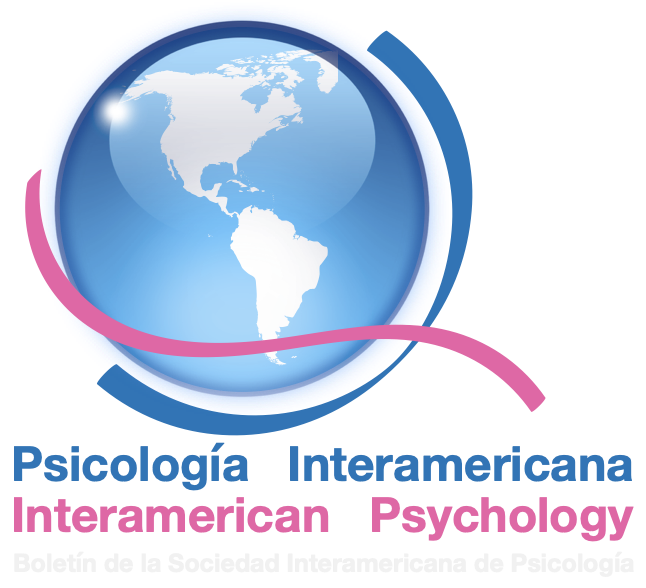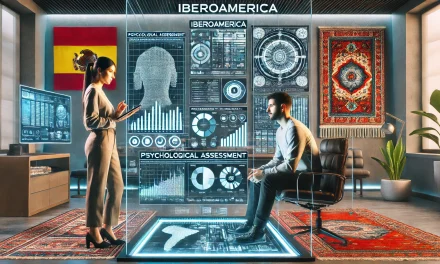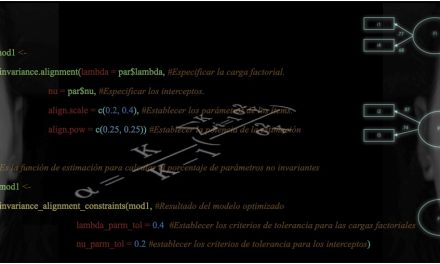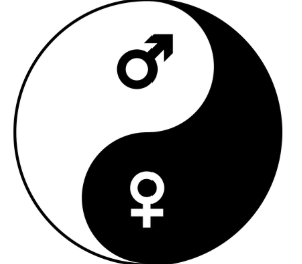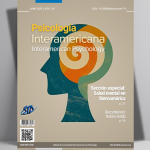
Cross-Cultural Adaptation and Validity Evidence of the Credibility/Expectation Questionnaire

Andre Faro. Brazil
Credibility/expectation beliefs regarding treatment are important for both the course and the final result achieved. When the patient doesn’t believe in the proposed treatment or has low expectations regarding the expected results, it’s more likely that they will prematurely discontinue or experience inferior outcomes. The article titled “Cross-Cultural Adaptation and Validity Evidence of the Credibility/Expectancy Questionnaire (CEQ)” is the result of the master’s thesis conducted by researcher Luanna Silva, under the guidance of Dr. André Faro (Federal University of Sergipe). The aim was to adapt the Credibility/Expectancy Questionnaire to the Brazilian context.
The CEQ measures the patient’s perception of treatment credibility and expectations. Validity evidence was observed based on its relationship with the Life Orientation Test, which assesses optimism, showing a positive and statistically significant association. Furthermore, it was noted that women and older individuals tended to have higher scores on the CEQ. To avoid redundancy and prioritize parsimony, two items were excluded from the final version, resulting in a Brazilian Portuguese instrument with four items. The Cronbach’s alpha was 0.87, and the model fit indices were satisfactory.
Despite previous studies in Brazil that utilized the CEQ, this was the first work to perform cross-cultural adaptation and psychometric analysis of this measure. This initiative facilitates the evaluation of treatment expectation and credibility beliefs in Brazil. In conclusion, this research provides a concise, easily applicable instrument that can be used, above all, with patients undergoing various forms of treatment.
Reference
Silva, L. S., & Faro, A. (2023). Adaptação transcultural e evidências de validade do questionário de credibilidade/expectativa. Psico-USF, 28, 31-40. doi: 10.1590/1413-82712023280103
Contact: andre.faro.ufs@gmail.com
